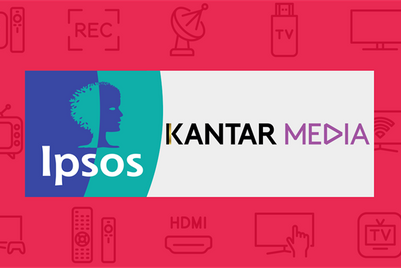
The Ipsos Generations Report 2024 shows low awareness among Indians about generations’ labels and what generation they belong to. The report also explores the business opportunities brands risk missing out on by ignoring mature adults and demonstrates why demographic changes are no longer just a political issue.
Interestingly, the report talks about how decision makers need to tailor their strategies to reflect nuances of each generation and avoid a one-size-fits-all approaches when thinking about generations and their age groups.
Notably, across all markets polled, Indians were seen to have the lowest awareness for Gen Z (8%), unlike high awareness among the citizens of Turkiye (81%) and Indonesia (78%). Gen X awareness among Indians was a miniscule 7%, and relatively much higher among South Koreans (73%) and Canadians (65%).
For Boomers, once again the awareness was abysmally low (5%) among Indians vis-à-vis Netherlands (73%) and Canada (70%). Likewise low awareness was seen around Gen Alpha (7%), the pre-war/ silent generation (6%) and generation Gamma (7%).
Further, when Ipsos asked the respondents to identify the generation they belong to, the results were equally surprising. 61% claimed to be unable of the age wise, generations labelling. 20% claimed to not belong to generations’ labels. There were low claimants for each generations’ cohorts of Gen X (4%), millennial (4%), Gen Z (3%), baby boomer (2%), Gen Alpha (3%), etc.
Ashwini Sirsikar, group service line leader—UU and Synthesio at Ipsos India said, “Gen Z are stressed, anxious, bored and lonely despite all their connects on social media. This is possibly due to the blurring of the virtual and real world. They also end up putting a lot of pressure on themselves-constantly comparing their achievements with others and getting affected by the number of likes, shares, followers they have on social media. However, what is interesting is that they are cognizant of their anxiety and stress and seek out help for the same.”
The study has put the emphasis on tailoring communication strategies, product development and service delivery that resonates with the values and expectations of age cohorts—for people under 30, leveraging their digital fluency and commitment to social causes, and considering their diversity, financial and mental insecurity.
For mature adults tapping into their financial stability and their desire for products that align with their more active health-conscious lifestyle, while also their preference for no-nonsense, frugal and practical propositions. Business and policy makers should engage actively with each generation unlocking their economic and social potential.
Geeta Lobo, country client service line leader at Ipsos India said, “As global demographic reality shifts, the spotlight is on the growing senior population. In India, Gen X is transitioning out of the core consumer definition for most sectors. Yet, affluent Gen Xers have both the means and the desire to spend. It's time for businesses to target them strategically.”


.jpg&h=334&w=500&q=100&v=20250320&c=1)


.png&h=334&w=500&q=100&v=20250320&c=1)




.png&h=334&w=500&q=100&v=20250320&c=1)





.png&h=268&w=401&q=100&v=20250320&c=1)


